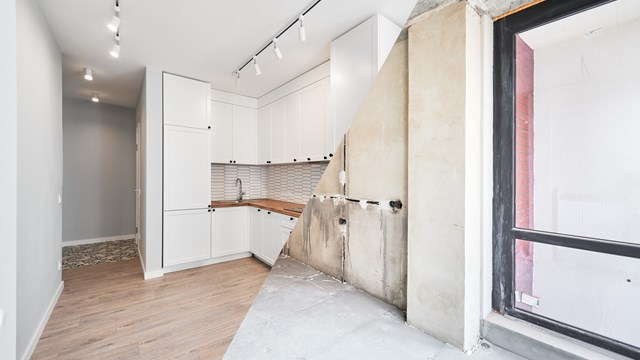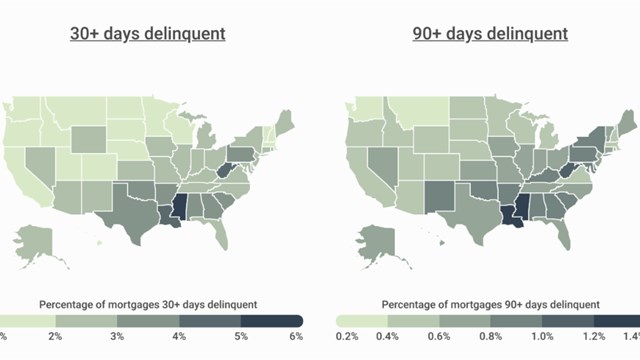Q. On March 31, 2020, after calling my HOA, I was given verbal permission to replace my roof, which was leaking. I signed a contract to replace the roof on April 15, 2020. Now the board has sent me a letter with a $500 fine for not getting a permit and doing ‘nonessential’ work during COVID-19. All I have to prove their permission is phone calls on my cell—no texts or voicemail, just a record that calls were made. Is this enough to fight their actions?
—But They Said I Could
A. “The owner complains that he was given verbal authorization to replace the roof by his homeowners association (HOA),” says Anne P. Ward, of counsel with Ehrlich, Petriello, Gudin, Plaza & Reed, PC, with offices in Newark and Morristown, “but was surprised to be subsequently fined by the HOA’s board of directors for: a) failure to obtain a (municipal?) permit and, b) doing non-essential work during the COVID-19 pandemic. The owner does not say who told him it was acceptable to replace his roof. Did this authorization come from the property manager or the management office? Did this authorization come directly from the board? Given the dates referenced, the owner apparently started construction during the pandemic.
“My answer to the question is twofold: an owner must always refer to his association’s governing documents to learn the parameters of the association’s power, as well as the specifics of his own obligations in every circumstance. And it is always prudent to have any authorizations reduced to writing by the source, along with details describing the limits of the authorization.
“To begin, an HOA and its property are always subject to state and municipal ordinances. The HOA is not exempt from those obligations simply because it is governed by its own rules and may have discrete regulations governing construction on the premises. Hence, an owner is always responsible for adhering to municipal requirements, and must obtain necessary permits. An HOA is powerless to waive such requirements. Indeed, most associations make it clear to applicants who seek permission to perform construction that state and municipal requirements are a prerequisite to the HOA’s permission.
“Moreover, it would be the rare governing documents which do not specifically advise an owner that ownership is subject to state and municipal laws. Every owner is automatically subject to the governing documents upon purchase of a unit. He is assumed by law to be on notice as to their contents, and has agreed to be bound by virtue of the purchase.
“Therefore, any authorization (verbal or otherwise) by an association is circumscribed by an owner’s obligation to comply with municipal ordinances. Here, there was apparently a need to obtain a municipal permit prior to construction. In addition, the construction apparently ran afoul of state or municipal restrictions placed on work during the pandemic. A work authorization issued prior to the pandemic is still subject to restrictions adopted during the pandemic under the state’s police power.
“As stated earlier, the HOA is bound by these laws and it must enforce them or place itself at risk. I suggest that the owner communicate with the board or its counsel about all this. He can request a reduction or elimination of the fine based on a misunderstanding of his obligations and the fact that he entered a contract to replace the roof, as a result. However, this argument may not prevail in light of the fact that there is no proof of the authorization and because an owner is deemed to be on notice of applicable law.”







2 Comments
Leave a Comment